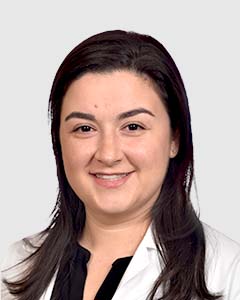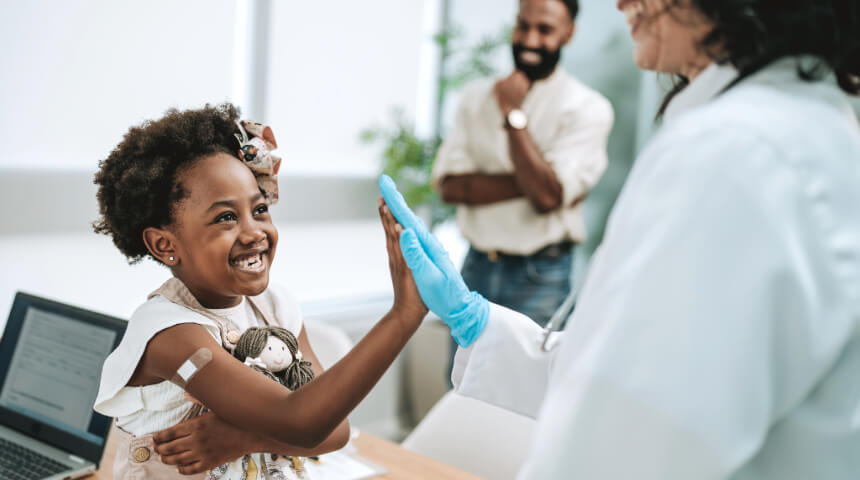It might not be something you’re looking forward to, but as your daughter grows up, you’ll need to have the talk about when it’s time to see a gynecologist.
The American College of Obstetricians and Gynecologists recommends that girls have their first gynecology visit between the ages of 13 and 15. You should talk with your daughter before or as she is thinking about becoming sexually active, or if she is experiencing gynecology issues. These could look like:
- Heavy menstrual cycles
- Irregular cycles
- Painful cycles that keep her out of school or work
The timing of your daughter’s first gynecology visit is up to both of you. It can help to have a visit sooner than later so she gets familiarized with the process and has a level of comfort with knowing how to access gynecology services. It’s perfectly fine to consider the visit a meet-and-greet, with no exam. This can be the start of a relationship between your daughter and her provider.
If your daughter is not sexually active and has no plans to be, and she doesn’t have any gynecological issues, a first visit to the gynecologist could occur at about age 17 or 18 as she is starting the next phase in her life, whether that means heading to college, starting a new job or simply living away from home for the first time.
Have a Discussion
Your daughter may be apprehensive about how invasive the exam will be, so you should talk to her about what might happen during the gynecology visit. There is a possibility of a physical exam, but it doesn’t happen at every visit for girls this young. The doctor or nurse practitioner does not always need to use the speculum or perform a vaginal swab. This part of the exam is standard practice for women ages 21 and above, regardless of whether younger girls are sexually active.
Here are some key points and questions to discuss:
- Share that the doctor has various tools that may be used during an exam
- Communicate that she may feel touch, and that it’s OK to communicate with the doctor about how much touch she is comfortable with
- Don’t tell her the exam will be painful
- Ask her if she prefers a man or woman, and someone younger or older
- Also ask if she would like to see your practitioner or someone else
If you know your daughter is sexually active or has immediate plans to be, discuss birth control options before the visit. Help her research which methods may be good choices and which ones she is not interested in. This way, you can make the most of your time in the room, getting more in-depth information about a couple options as opposed to less-in-depth information about many options.
You should talk about birth control without reprimanding. For example, ask open questions, such as, “Tell me what you think” or “Tell me your plan.”
Privacy During the Exam
Your daughter may be worried about speaking freely if you are in the room. Ask her if she would prefer that you be in the room with her or the waiting room. Try to be open to either possibility, and don’t take it personally if she elects to have you wait outside. Either way, you have a plan before you arrive at the gynecologist’s office. It can make for a very awkward and uncomfortable visit if you don’t discuss this ahead of time and simply assume your daughter wants you in the room, which may lead her to be nervous and not answer the doctor or nurse practitioner’s questions.
Any patient who is under 18 will need to be brought in by a caregiver. The exception is if a minor is pregnant. Know, too, that for all patients, a second healthcare worker will also be present in the room. This is standard practice any time a breast or pelvic exam is administered.
Educate Yourself, Too
Moms should also take this as an opportunity to educate themselves about safe sex and birth control. It’s possible that you may not be as familiar with what is going on in the world right now sexually. Be as open-minded as you can, listening to both your daughter and the healthcare provider.
It can be hard to think about your child being sexually active, but the important thing is to safeguard your child’s health. The fact that you’re thinking about this and making plans for a first visit is a great first step.





